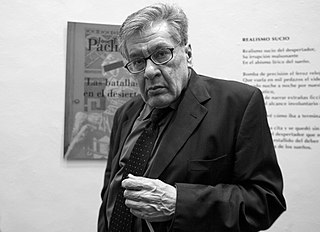A Quote by Elie Wiesel
It was like a page torn from a history book, from some historical novel about the captivity of babylon or Spanish Inquisition.
Related Quotes
I have rarely read a more wonderful book than To Win Her Favor by Tamera Alexander. Rich with historical detail and fully developed characters, this novel held me spellbound until the last page. If you read one historical novel this year, make it To Win Her Favor. It will linger with you long after the last page.
I'm not entirely sure what a historical novel absolutely has to be, but you don't want a reader who loves a very traditional historical novel to go in with the expectation that this is going to deliver the same kind of reading experience. I think what's contemporary about my book has something to do with how condensed things are.
What was fun for me with this book [Lincoln in the Bardo] was to start out with the principle that went, "We're going to fight every day to make this not a novel; make it too short to be a novel." And then with that principle in place, the book sort of starts to say, "Okay, but I really need this. I really need some historical nuggets." And you're like, "All right, but keep it under control."
Whether I like it or not, most of my images of what various historical periods feel, smell, or sound like were acquired well before I set foot in any history class. They came from Margaret Mitchell, from Anya Seton, from M.M. Kaye, and a host of other authors, in their crackly plastic library bindings. Whether historians acknowledge it or not, scholarly history’s illegitimate cousin, the historical novel, plays a profound role in shaping widely held conceptions of historical realities.
I do like the idea of the novel of repressed college students being a contemporary novel of courtship! I guess what I would say to that is, we tend to think of historical periods and historical mores as ending a lot more concretely than they do. Like, in an Austen novel, there are lots of reasons - cultural, moral, religious - why the characters don't have sex during courtship. Maybe, even though those reasons have kind of expired, historically, they're still around in some sense.
It's very bad to write a novel by act of will. I can do a book of nonfiction work that way - just sign the contract and do the book because, provided the topic has some meaning for me, I know I can do it. But a novel is different. A novel is more like falling in love. You don't say, 'I'm going to fall in love next Tuesday, I'm going to begin my novel.' The novel has to come to you. It has to feel just like love.
In 1965, when I was fourteen, I read my first adult novel; it was a historical novel about Katherine of Aragon, and I could not put it down. When I finished it, I had to find out the true facts behind the story and if people really carried on like that in those days. So I began to read proper history books, and found that they did!
The field of the novel is very rich. If you're a composer, you're well aware of the history of composition, and you are trying to make your music part of that history. You're not ahistorical. In the same way, I think, if you write now, you are writing in the historical context of what the novel has been and what possibilities it has revealed.
The book, as it stands, seems to me to be one of the most frightful muddles I have ever read, with scarcely a sound proposition in it beginning with page 45 [Hayek provided historical background up to page 45; after that came his theoretical model], and yet it remains a book of some interest, which is likely to leave its mark on the mind of the reader. It is an extraordinary example of how, starting with a mistake, a remorseless logician can end up in bedlam.






































